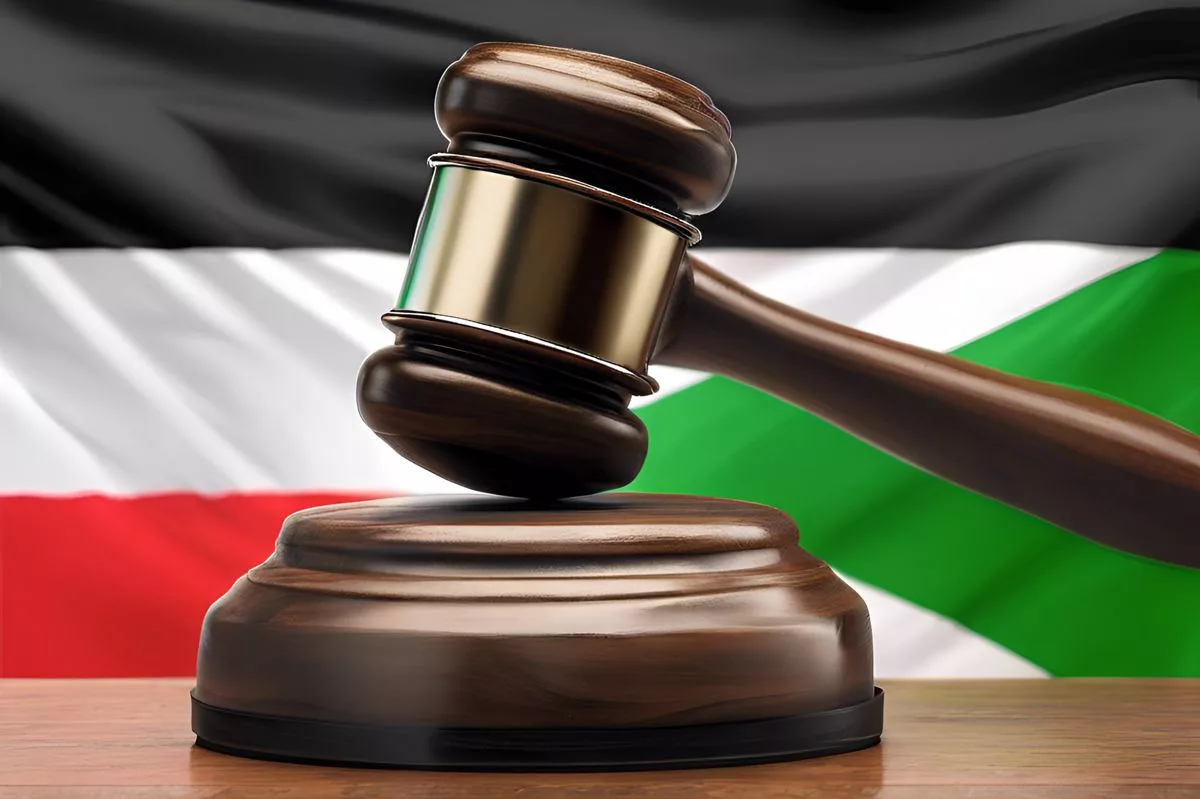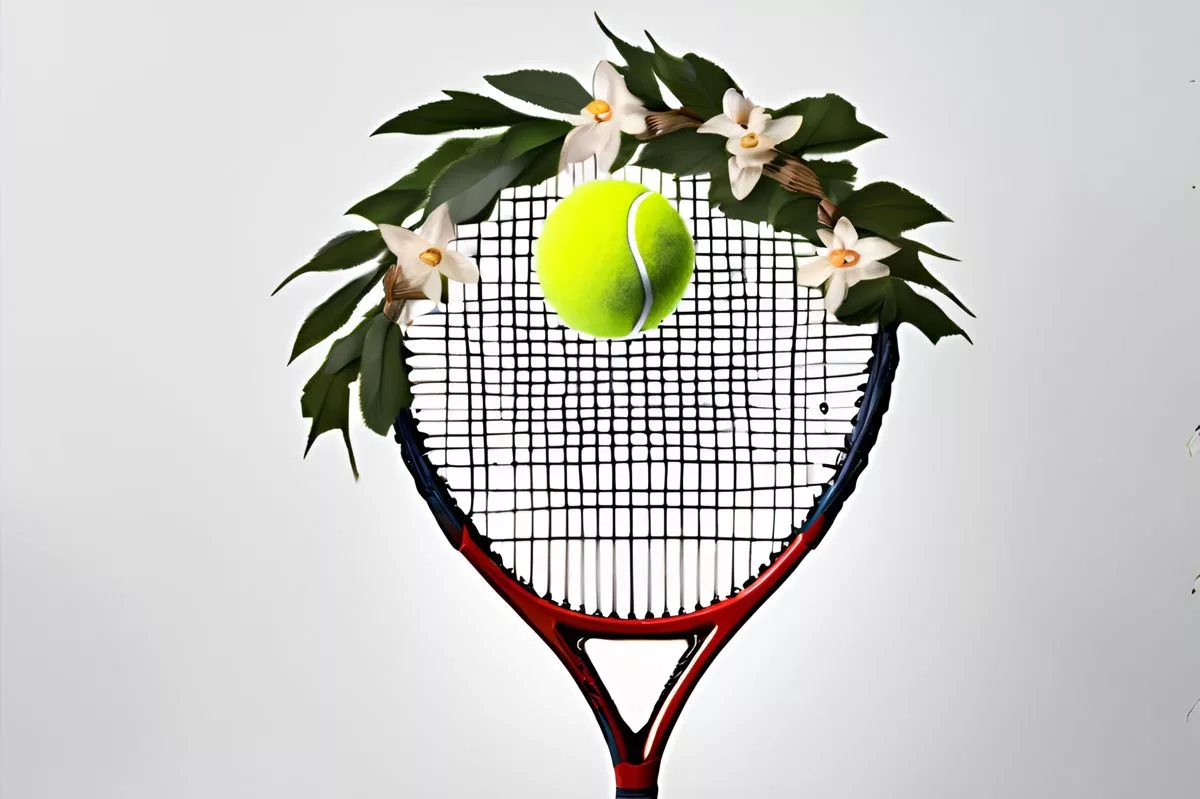A Highly Anticipated Verdict
In the light of a new day, all eyes are focused on the International Court of Justice (ICJ), also known as the World Court. The matter at hand is whether South Africa’s appeal for provisional measures against Israel will be sanctioned. This appeal to the court was triggered in December by South Africa, a nation with its own legacy of fighting for justice and fairness. The allegation put forth was grave: Israel was supposedly violating the Genocide Convention.
The ICJ holds a critical position in international law, and the ruling it is about to make has the potential to shape the future of both nations and global politics. The ICJ is scheduled to announce its verdict on South Africa’s plea this Friday, 26 January 2024, at 1 PM at The Hague. This significant event will be broadcasted live for all to see on the official channels of the South African Presidency.
The pronouncement of the verdict will be made by Judge Joan E Donoghue, the esteemed President of the Court, during a public session at 12pm midday, South African time. The decision comes after a two-day hearing that took place earlier this month, where propositions and counter-arguments were exchanged.
The Legal Powerhouse Representing South Africa
Representing South Africa in the ICJ was a team of some of the most esteemed and revered experts in international law. John Dugard SC, Tembeka Ngcukaitobi SC, Max Du Plessis SC, and Adila Hassim SC were the representatives for South Africa. Their case was bolstered by the backing of external legal advisors from the UK, advocates Blinne Ni Ghralaigh KC, and Vaughan Lowe KC.
The essence of South Africa’s lawsuit against Israel revolves around allegations of genocide. They maintain that not only have senior Israeli government officials committed acts of genocide, but they have also encouraged genocide without consequences.
An 84-page document filed in December by South Africa outlines their claims. They argue that since the onset of Israel’s attack on Gaza on 7 October 2023, a mounting humanitarian crisis has been unfolding. The South African Department of International Relations has decreed, “South Africa is urging the ICJ to issue provisional injunctions, including ordering Israel to instantly cease its military operations in Gaza, enforce measures to prevent Palestinian genocide, ensure that those displaced can return home and receive humanitarian aid.”
The Humanitarian Crisis and Beyond
The term “humanitarian assistance,” as defined by South Africa’s Department of International Relations, refers to essential needs such as adequate food, water, fuel, medical and hygiene supplies, shelter, and clothing. The plea paints a bleak picture of the situation in Gaza, with its population caught in the middle of the conflict, grappling for basic human necessities.
South Africa’s approach to the ICJ extends beyond a mere political gesture; it symbolizes a summon to international law and justice, with its echoes growing louder in the halls of power. It is a cry for humanity, for the safeguarding of a population whose existence is fraught with uncertainty.
The Implications of the ICJ’s Decision
The world is watching, waiting, hoping that the ICJ will uphold the tenets of justice and human rights. The ICJ’s ruling today will not only mold the path for Israel and Palestine, but it will also establish a standard for future international interventions in conflict scenarios. As the judge’s gavel lands, its impact will reverberate worldwide, demonstrating the power of law, justice, and the enduring human spirit.








